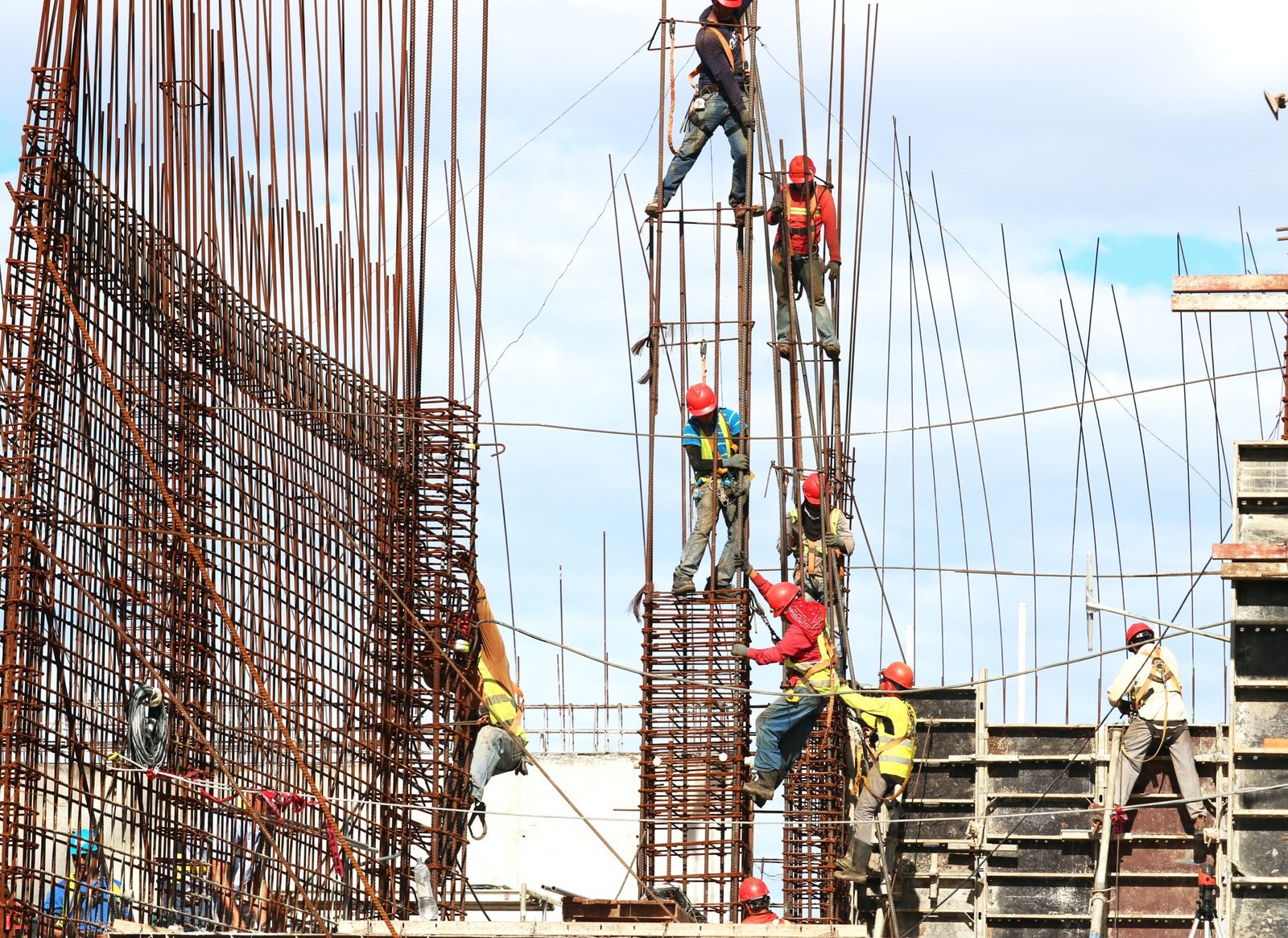In today’s rapidly changing job market, it is essential for governments and organizations to regularly review and update their skilled worker requirements. These requirements play a crucial role in determining who can enter and contribute to a country’s workforce. By making adjustments to these requirements, governments can ensure that they are attracting the right talent, filling skill gaps, and promoting economic growth.
The Need for Adjustments
The need for adjustments to skilled worker requirements arises from various factors. One of the primary reasons is the constant evolution of industries and technologies. As new industries emerge and existing ones undergo significant transformations, the demand for specific skills changes. By adjusting the requirements, governments can ensure that the workforce remains relevant and capable of meeting the demands of the job market.
Another factor that necessitates adjustments is the demographic changes in the workforce. As the population ages and the younger generation enters the job market, the skill sets and expectations of workers change. Governments must adapt their requirements to accommodate these changes and ensure that they are attracting and retaining skilled workers.
Areas of Adjustment
There are several areas in which skilled worker requirements can be adjusted to better align with the needs of the job market:
Educational Qualifications
One area of adjustment is educational qualifications. While a degree may have been a standard requirement in the past, there is now a growing recognition that skills and experience can be gained through alternative pathways. Governments can consider expanding the range of acceptable qualifications to include certifications, vocational training, and apprenticeships. By doing so, they can tap into a wider pool of talent and provide opportunities for individuals with diverse backgrounds.
Language Proficiency
Language proficiency is another area where adjustments can be made. While language skills are important for effective communication in the workplace, the level of proficiency required may vary depending on the job role. Governments can consider tailoring language requirements to specific industries or job functions. This approach ensures that language proficiency is assessed in a way that is relevant to the job and avoids unnecessary barriers for skilled workers.
Work Experience
Adjustments to work experience requirements can also be beneficial. Recognizing that experience can be gained through various means, governments can consider accepting a broader range of work experience, including internships, volunteer work, and relevant projects. This adjustment allows individuals with non-traditional work backgrounds to showcase their skills and potential.
Skills Assessment
Another area for adjustment is the skills assessment process. Governments can explore alternative methods of assessing skills, such as practical exams, simulations, or portfolio reviews. These methods provide a more comprehensive and accurate evaluation of an individual’s abilities and potential contribution to the workforce.
Benefits of Adjustments
The adjustments to skilled worker requirements offer several benefits:
Enhanced Talent Pool
By expanding the criteria for skilled workers, governments can tap into a larger talent pool. This allows for a more diverse and dynamic workforce, bringing in individuals with unique perspectives and skills.
Addressing Skill Gaps
Adjustments to requirements enable governments to address skill gaps more effectively. By aligning the requirements with the evolving needs of industries, governments can ensure that the workforce has the necessary skills to drive economic growth.
Improved Retention and Integration
Adjustments also contribute to improved retention and integration of skilled workers. By recognizing alternative qualifications and experiences, governments can attract individuals who may have previously been excluded. This inclusivity promotes a sense of belonging and encourages skilled workers to stay and contribute to the country’s workforce.
Conclusion
Regular adjustments to skilled worker requirements are essential for governments to keep pace with the changing job market. By considering areas such as educational qualifications, language proficiency, work experience, and skills assessment, governments can attract the right talent, address skill gaps, and promote economic growth. These adjustments offer numerous benefits, including an enhanced talent pool, improved retention, and the integration of skilled workers. By adapting to the evolving needs of industries and workers, governments can ensure a thriving and competitive workforce.

